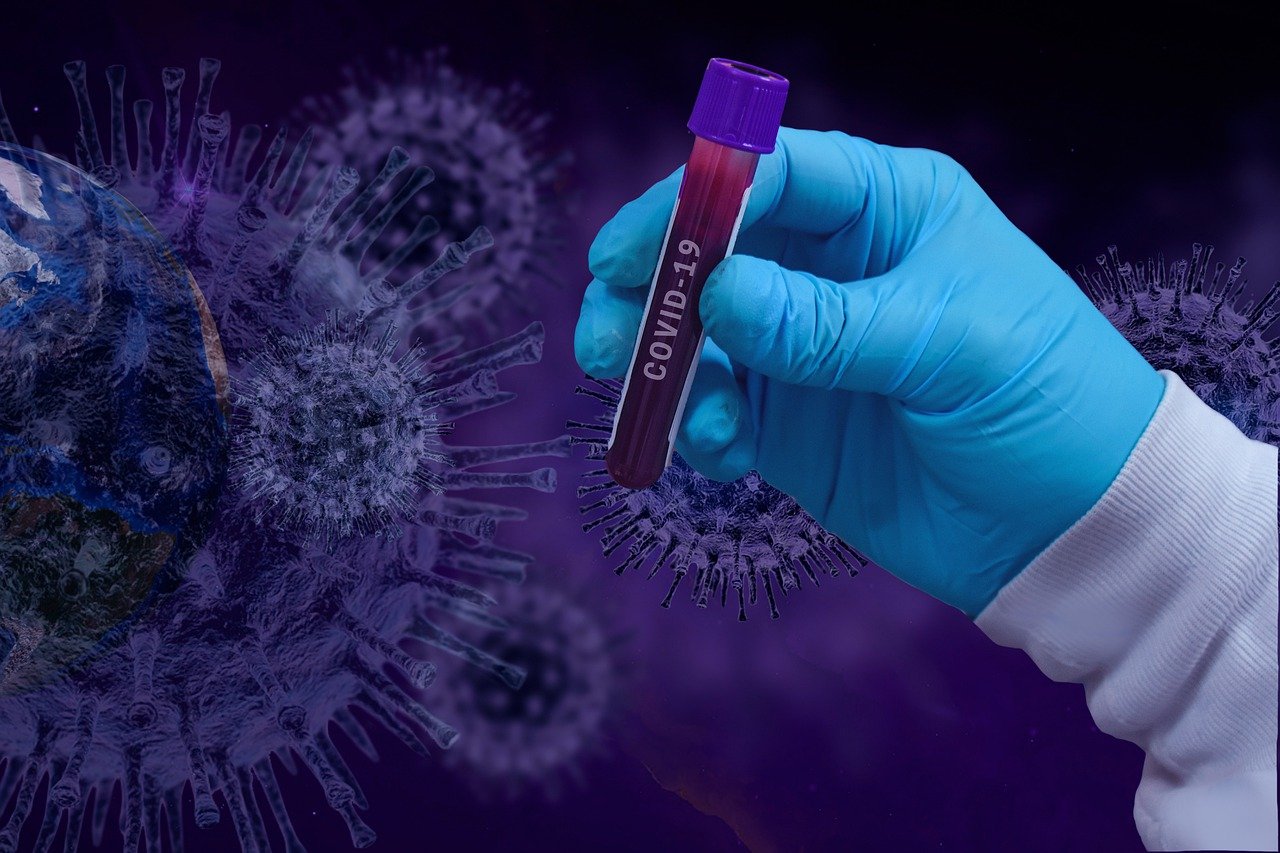COVID-19 Vaccines Work
All currently approved or authorized COVID-19 vaccines are safe and effective and reduce your risk of severe illness. Vaccination can reduce the spread of disease, which helps protect those who get vaccinated and the people around them.
CDC Recommends
- Everyone ages 5 years and older should get a COVID-19 vaccine as soon as they can.
- To get the most protection, get all recommended doses of a COVID-19 vaccine. Take all precautions until you are up to date with your COVID-19 vaccinations.
- Everyone ages 16 years and older can get a booster shot either 6 months after their initial Pfizer or Moderna series, or 2 months after their initial Johnson & Johnson’s Janssen vaccine.
COVID-19 Vaccines Protect Against COVID-19 Infections and Hospitalizations
Vaccines reduce the risk of COVID-19, including the risk of severe illness and death among people who are fully vaccinated. In addition to data from clinical trials, evidence from real-world vaccine effectiveness studies show that COVID-19 vaccines help protect against COVID-19 infections, with or without symptoms (asymptomatic infections). Vaccine effectiveness against hospitalizations has remained relatively high over time, although it tends to be slightly lower for older adults and for people with weakened immune systems.
Most People Need Booster Shots
While COVID-19 vaccines are effective, studies have shown some declines in vaccine effectiveness against infections over time, especially when the Delta variant was circulating widely. Everyone ages 18 and older should get a booster shot either 6 months after their initial Pfizer or Moderna series, or 2 months after their initial Johnson & Johnson’s Janssen vaccine. People ages 16–17 may get a booster dose of Pfizer at least 6 months after their initial series of vaccines.
Vaccine Breakthrough Infections
COVID-19 vaccines are effective at preventing infection, serious illness, and death. Most people who get COVID-19 are unvaccinated. However, since vaccines are not 100% effective at preventing infection, some people who are fully vaccinated will still get COVID-19. This is called a breakthrough infection. Even when people who are fully vaccinated develop symptoms of COVID-19, they tend to be less severe than in people who are unvaccinated.
COVID-19 Vaccines Are Effective Against Most Variants
Viruses are constantly changing and new types of the virus, called variants, occur. New variants of the virus that causes COVID-19 are spreading in the United States and in other parts of the world. COVID-19 vaccines are effective against the Delta variant and other variants with widespread circulation in the United States. Current vaccines are expected to protect against severe illness, hospitalizations, and deaths due to infection with the Omicron variant. We don’t yet know how effective the vaccines will be against new variants that might arise. CDC will continue to monitor vaccine effectiveness to see if variants have any impact on how well COVID-19 vaccines work in real-world conditions.
For More Information
The latest CDC data on COVID-19 vaccine effectiveness are summarized on the CDC COVID Data Tracker.
Information on CDC’s Monitoring COVID-19 Vaccine Effectiveness

